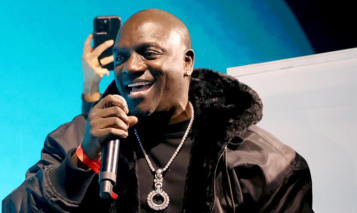
Rap mogul Jay-Z won a historic court decision that will impact the way arbitration is used to resolve legal conflicts around the country.
The 49-year-old rapper, whose real name is Shawn Carter, asked the New York court to pause an arbitration in a lawsuit brought by Iconix Brand Group because he couldn’t find one Black arbitrator from the list provided by the court.
In a historic decision, the judge agreed that the lack of even a single qualified Black arbitrator to hear Jay-Z’s case was a violation of his rights to equal protection and due process under the law.
“This is historic,” said Jay-Z’s attorney, Alex Spiro, according to The Hollywood Reporter.
“After a preliminary conference with the AAA, Mr. Carter and his companies sought to choose an arbitrator pursuant to the parties’ agreement, which required consultation of a list of more than 200 prospective [arbitrators],” wrote Spiro in a petition to pause the arbitration.
Jay-Z and Iconix are feuding over a $200 million deal he signed a decade ago for the use of the “Roc Nation” trademark on baseball caps and other merchandise.
A federal judge ordered Jay-Z and Iconix to settle the case out of court by using an arbitrator to hear arguments from both sides and render a decision to resolve the conflict.
If the arbitrator fails to resolve the conflict the case will proceed to trial.
So Jay-Z and his lawyers came up with an ingenious way to halt the arbitration process by claiming there are no Black arbitrators on the court’s list that “had the background and experience to preside over the arbitration.”
Jay-Z’s lawyer argued that the lack of Black arbitrators would “deprive black litigants like Mr. Carter and his companies of the equal protection of the laws, equal access to public accommodations, and mislead consumers into believing that they will receive a fair and impartial adjudication.”
Supreme Court Justice Saliann Scarpulla granted the rapper a temporary restraining order halting the arbitration — at least until the next court date on Dec. 11.
The judge’s decision sent shockwaves through the legal community because it is the first decision of its kind in the United States.
Photos by WENN.com





